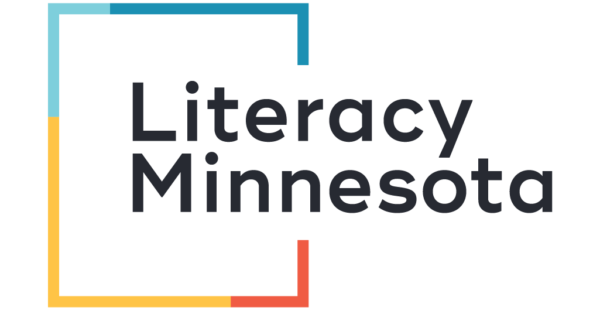Resources
Results
Pathway to Literacy Level Teacher Training
Antiracist Praxis Study Circle Facilitator Guide
Trauma-Sensitive Schools Training Package
Secondary Traumatic Stress and Self-Care Packet
Self-Care Wheel
Stress Reduction in the Adult Basic Education Classroom
The 3 R’s: Reaping the Rewards of Routines
Notice and Wonder about Data: Using Slow Reveal Graphs
Math Practices in the Virtual Classroom
Taking Care of Yourself: A Checklist
Implicit Bias Test
Anti-Racist Educator Self-Examination and Questionnaire
Building Academic Vocabulary Knowledge with Semantic Maps
Finding Academic Vocabulary in a Text
Making Sense of a Standard
Teaching ABE Students About Mental Health
CCRS in Action PLC (Professional Learning Community)
New Resources
Tapping into Diverse Perspectives and Teaching Materials
Being a Warm Demander
Discovering Learners’ Funds of Knowledge
Presenter Information
Get information about stipends, reimbursements, and other instructions for presenters.
MN ABE YouTube Channel
The MN ABE YouTube Channel is a free online PD resource that you can use to explore teaching techniques and classroom ideas in action! Find out more in this MN ABE Connect newsletter article.
Upcoming ABE Events
Racial Equity 101 Presented by Jimmie Heags
Registration Deadline: TUE. 8/6/24 Join presenter Jimmie Heags, Jr., MA, LSC, LPCC, LADC, ACS, for this session that exposes how race is defined and how racism impacts individuals and institutions. The session will provide learners with a framework for understanding and disrupting the attitudes and structures that perpetuate… Learn More
Volunteer Core Training Module 1: Overview of Minnesota Adult Education and Program Accountability
Registration Deadline: TUE. 8/6/24 Participants learn about Adult Basic Education programming in Minnesota, demographics of learners, instructional content standards as well as initial and on-going assessment. This session wraps up with learner motivations, barriers and persistence. Learn More
Volunteer Core Training Module 2: Understanding Adult Learners
Registration Deadline: TUE. 8/13/24 Participants develop their personal cultural awareness and learn how expectations around school culture shape how people teach and learn. Guiding principles for effectively delivering instruction to adults are also covered. Finally, participants increase their sensitivity to the challenges of learning English and developing literacy… Learn More
